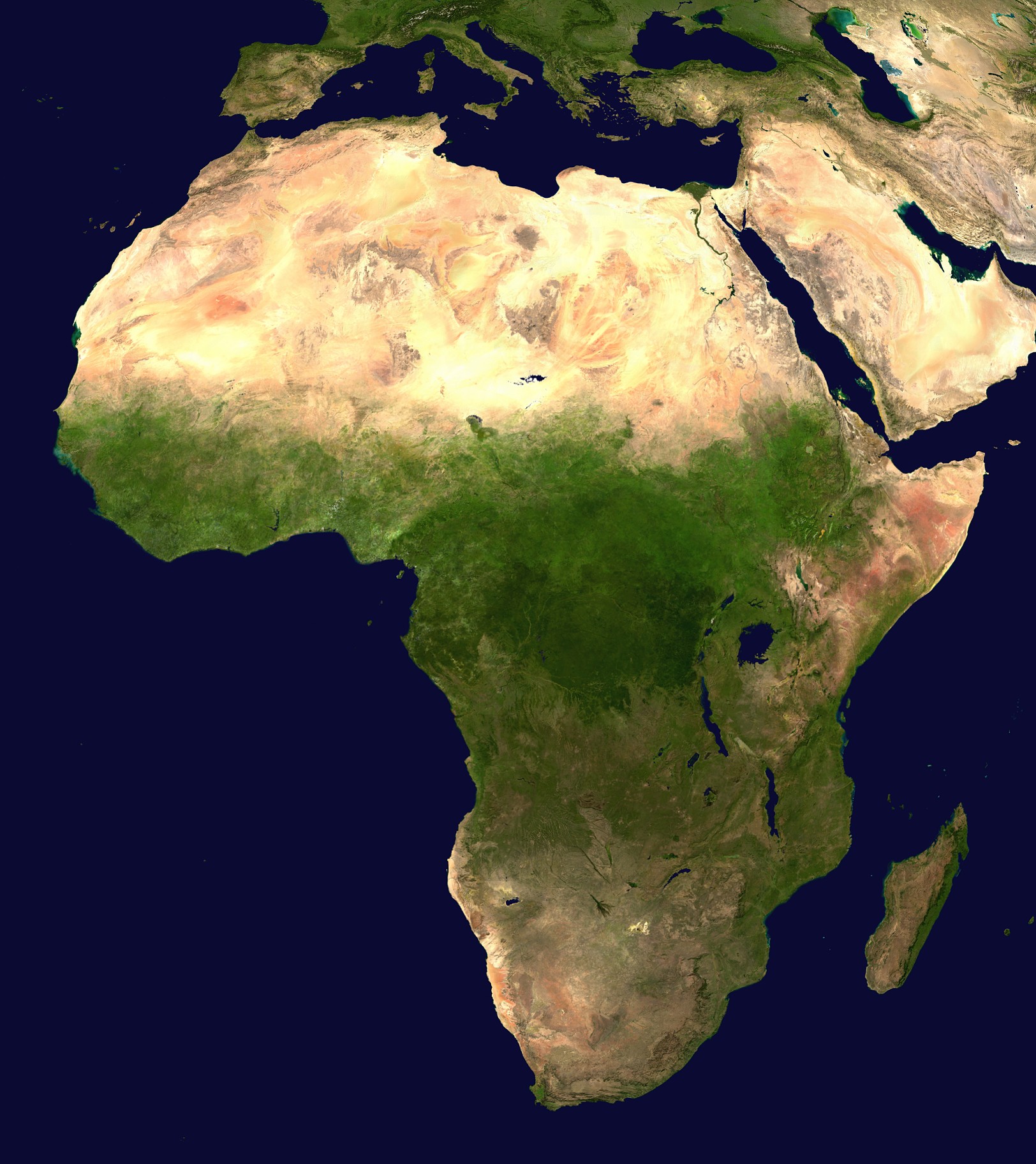A
CALL TO ACTION
‘Africa
is a green field for investment because it is the least developed region on
earth’ Meles Zenawi, late prime
minister of Ethiopia, September 2009
The
rise of Africa as the final frontier for investment comes at a time when the world
faces multiple crises: economic, environmental and social. How Africa’s growth
story unfolds will have a decisive impact on how these crises resolve. There is
increasing recognition that the only viable route to social inclusion,
ecological stability and sustainable and resilient economic growth is through a
global green economy.
This
is an urgent call to action to put the green economy at the heart of Africa’s
growth story so that Africa’s rise will benefit as many Africans as possible
and deliver the green growth the global economy needs. The initial focus of this
call to action is the major opinion-forming and decision-making forums taking
place in 2013, including international Africa summits and conferences as well
as the major print, digital and social media.
This
is not the first time the world has looked to Africa as a continent of hope,
and while there is no doubt that ‘this time is different’, unfortunately so
much is still the same. There is increasing concern that business-as-usual, or
the 'brown' economy, which is high carbon, resource intensive, ecologically degrading and socially
divisive, is creating the same hidden costs in Africa as in the
past. Only this time at a faster rate, on greater scales and with far more at
stake. While optimism is rising across the continent so too is inequality, just
one of the brown economy’s many hidden costs, which already
threatens Africa's future.
With
few exceptions, the green economy is absent from the agenda of this year’s
major Africa summits and conferences. The majority of the media’s glowing
reports on Africa’s growth prospects do not mention the green economy. Most optimistic
Africa bloggers have yet to realise its importance and potential. And yet each
meeting, article, film, blog post and tweet in what could be a pivotal year for
this vast continent is an opportunity to promote the green economy as
fundamental to Africa’s 21st century growth story.
This
point was thrown into focus by Africa’s
Consensus Statement to the UN’s Rio+20 ‘Earth Summit’ in
June 2012, where the need for a global green economy as a tool for achieving
sustainable development was the main theme. Unfortunately this document, the
culmination of 20 years’ green progress in Africa, was virtually ignored by the
rest of the world.
This
call to action is to urge sponsors, panellists, participants and commentators on
Africa summits, as well as journalists, film makers, broadcasters and bloggers
to include perspectives on the green economy in their presentations, reports, and
articles in order to raise awareness and enable a broader picture of Africa’s
‘green field’ to emerge.
As
part of this process we are developing an online resource to bring together
information, knowledge and different perspectives on the green economy in
Africa. Coordinated with the growing number of related initiatives, this will
include examples of the green economy in practice and the drivers and challenges
of implementation across different sectors in Africa’s 55 countries. It will
also include directories of major opinion-forming and decision-making forums
specifically promoting the green economy in Africa and elsewhere.
Accelerating
the journey towards a green economy in this final frontier will provide a
multi-win solution to Africa’s challenges from which we can all learn:
sustained growth with lower carbon emissions; more efficient resource use; less
pollution; re-valued ecological services; more jobs; less poverty; greater
equality; less conflict.... In a green economy in Africa there will be new models,
new technologies, new measures, new accounting systems, new institutions and
new laws adapted to the changing conditions of the world’s most challenging
continent. In a green economy in Africa, to borrow from a recent global advertising
campaign, ‘investors will need to be explorers’.
Africa’s
lack of brown development is now Africa’s strategic advantage. Over the past 20
years the foundations for a green economic take-off in Africa have been laid.
Everything Africa needs to l
ead the way and become a green growth engine is
ready. The physical and virtual networks and connections are up and running.
The technologies have been developed. The skills, talent and ambition are there. The demographic
dividend could not be greater. The knowledge and information are at our
fingertips. African governments and their partners have prepared the route. The
private sector is exploring ways forward. Trillions of dollars worldwide are
sitting idle or spinning in the global roulette wheel: investors are saying,
‘where can I put my money?’
Optimists
say that Africa could add $3 trillion to the global economy in the next decade
and be worth
$29 trillion by 2050. If so, it is in everybody’s long-term
interest that as much investment as possible goes into a green economy for the
21st century rather than into a brown economy that perpetuates the 20th. For
the sake of the global economy, the planet and all its inhabitants Africa’s
‘green field for investment’ must be kept green.
For
500 years the fate of Africa has been decided by outsiders. If Africa is to
achieve its great potential in ways that will benefit us all, Africans must
lead. What was said by departing colonialists in the 1960s applies today more
than ever: ‘the fate of us all is bound up with Africa’.
WHAT
NEXT?
If
you would like to support this call to action to ‘Put the Green Economy into
Africa’s Growth Story’ please take a moment to send an e-mail to:
greenexplorersafrica@gmail.com
and say YES.
Please
include your name, country of residence and any other information or
comments you might like to add. These will be
included (with your permission) in a new post - Supporters of
the Call to Action - and on our website in due course. Please forward
this to anyone you think might be interested. Thank you.

No comments:
Post a Comment